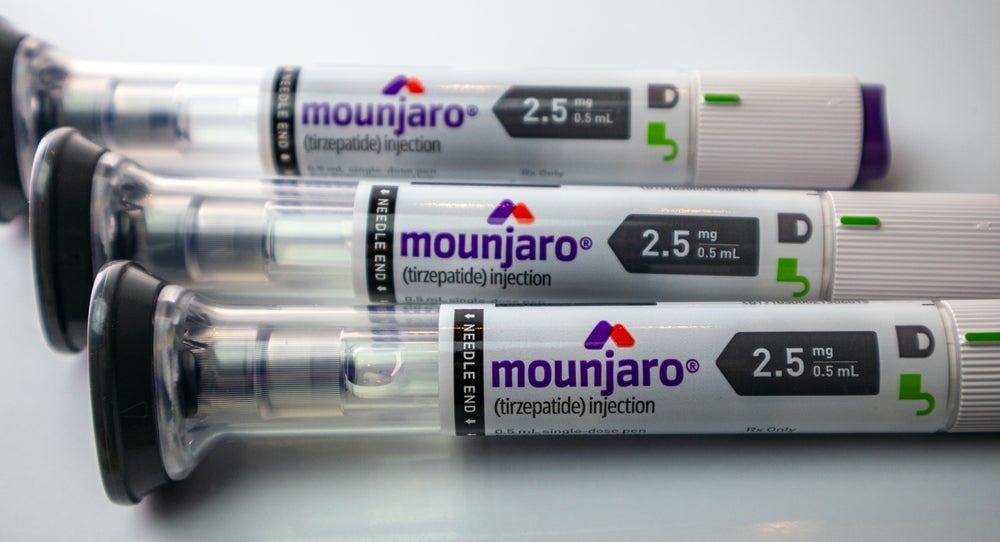J&J Bags FDA Approval For Pulmonary Arterial Combo Tablet
As anticipated this week, the FDA is poised to authorize Merck’s pioneering treatment for pulmonary arterial hypertension (PAH). However, Johnson & Johnson has already secured approval from the U.S. regulator for its latest PAH therapy, effectively beating its New Jersey counterpart to the milestone. The FDA has granted approval for Opsynvi, a tablet formulation that […]

As anticipated this week, the FDA is poised to authorize Merck’s pioneering treatment for pulmonary arterial hypertension (PAH). However, Johnson & Johnson has already secured approval from the U.S. regulator for its latest PAH therapy, effectively beating its New Jersey counterpart to the milestone.
The FDA has granted approval for Opsynvi, a tablet formulation that blends J&J’s Opsumit (macitentan) with United Therapeutics’ Adcirca (tadalafil). These medications are commonly prescribed in combination to manage PAH, a rare and swiftly progressing ailment characterized by the narrowing of blood vessels in the lungs, thereby elevating blood pressure and contributing to heart failure.
Opsynvi emerges as the sole once-a-day, single-tablet combination treatment available for PAH. It is suitable for use by newly diagnosed patients who have not previously received treatment. Additionally, it is applicable for individuals already receiving treatment with Opsumit, an endothelin receptor antagonist (ERA), or Adcirca, a phosphodiesterase 5 (PDE5) inhibitor – or even both.
Tadalafil, marketed for 20 years as Eli Lilly’s erectile dysfunction medication Cialis, now faces generic competition. Opsumit gained approval for PAH treatment in 2013. For those managing the condition with both medications, macitentan decreases the likelihood of clinically worsening events and hospitalization, while tadalafil enhances exercise capacity.
The FDA approval arrives ahead of the keenly awaited decision date on Tuesday for Merck’s sotatercept, poised to become the inaugural disease-modifying therapy for PAH. The medications are not anticipated to compete directly, as sotatercept is formulated as supplementary therapy to existing treatments like Opsumit and Adcirca, which alleviate the symptoms of PAH.
The FDA’s endorsement of Opsynvi was grounded on findings from the A DUE study, demonstrating its significant enhancement of blood flow through pulmonary vessels compared to Opsumit or Adcirca when used as standalone therapies. The trial, conducted across 19 countries with 187 participants, indicated that Opsynvi resulted in a notable 29% reduction in pulmonary vascular resistance (PVR) compared to those solely on Opsumit and a 28% reduction compared to those only on Adcirca.
The trial enrolled patients diagnosed with PAH, categorized as Class II and Class III. Class II patients experience no symptoms at rest but encounter discomfort and shortness of breath during routine activities, such as ascending a flight of stairs. Meanwhile, individuals classified as Class III have their activities significantly curtailed by shortness of breath, fatigue, or episodes of near fainting when attempting tasks such as household chores.basic household tasks.
In the U.S., approximately 40,000 individuals suffer from PAH, with 500 to 1,000 newly diagnosed cases annually. PAH affects women more than men and is most prevalent in middle-aged individuals, with nearly half succumbing to the disease within five years of diagnosis. Initially presenting as pulmonary hypertension (PH), the condition may then progress to PAH.
What's Your Reaction?


































